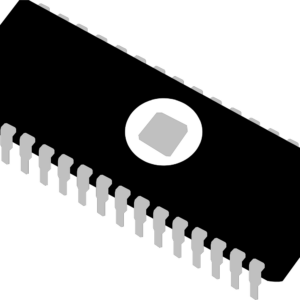This self-learning course focuses on Integrated Pest Management (IPM), providing participants with the knowledge and skills necessary to effectively manage pests in agricultural systems using environmentally sustainable and economically viable methods. Participants will explore the key principles of IPM, which combines biological, cultural, physical, and chemical control methods to minimize pest damage while reducing reliance on chemical pesticides. The course covers topics such as pest identification, monitoring, prevention, and control strategies, as well as the role of IPM in promoting sustainable agriculture and reducing the environmental impact of pest management practices. Through interactive assessments, learners will test their knowledge and earn rewards based on their performance, such as scholarships, soft supports, and potential job opportunities for exceptional results.
Features include:
– A self-paced, interactive learning format that covers the principles and practices of Integrated Pest Management.
– Rewards for top performers, including scholarships, soft supports, and career opportunities.
– A structured learning path that connects IPM theory with practical applications in pest management.
Skills Developed:
1. Understanding the Core Principles and Components of Integrated Pest Management
2. Identifying Common Agricultural Pests and Their Impact on Crops and Livestock
3. Using Pest Monitoring and Surveillance Techniques to Assess Pest Populations
4. Developing Pest Prevention Strategies, Including Cultural and Biological Controls
5. Applying Chemical Controls Responsibly and Minimizing Pesticide Use
6. Integrating IPM Strategies with Sustainable Farming Practices to Promote Environmental Health
7. Designing IPM Programs for Various Agricultural Settings, Including Crops, Livestock, and Greenhouses
8. Evaluating the Effectiveness of Pest Management Strategies and Adjusting Approaches as Needed
9. Educating Farmers and Agricultural Workers About IPM Techniques and Best Practices
10. Understanding the Role of IPM in Reducing Resistance and Promoting Long-Term Pest Control
Incentives and Achievements:
– Engage with assessments to test your knowledge, with rewards such as scholarships, soft supports, and job opportunities for high achievers.
– Exceptional learners may gain access to IPM tools, pest management guides, or additional materials related to careers in pest control, agricultural sustainability, or environmental management.
How it Works:
– Complete interactive modules focused on the principles, strategies, and practices of Integrated Pest Management.
– Participate in case studies, pest identification exercises, and strategy design activities to deepen understanding.
– Your performance will be assessed based on quizzes, assignments, and practical exercises, determining progression through the course and eligibility for rewards.
Target Audience:
This course is ideal for farmers, pest control professionals, agricultural scientists, and students interested in learning effective and sustainable pest management techniques. It is well-suited for individuals pursuing careers in agricultural pest management, crop protection, sustainable agriculture, or environmental science.
Start your journey into Integrated Pest Management today and unlock opportunities for personal and professional growth in this essential and sustainable field!






